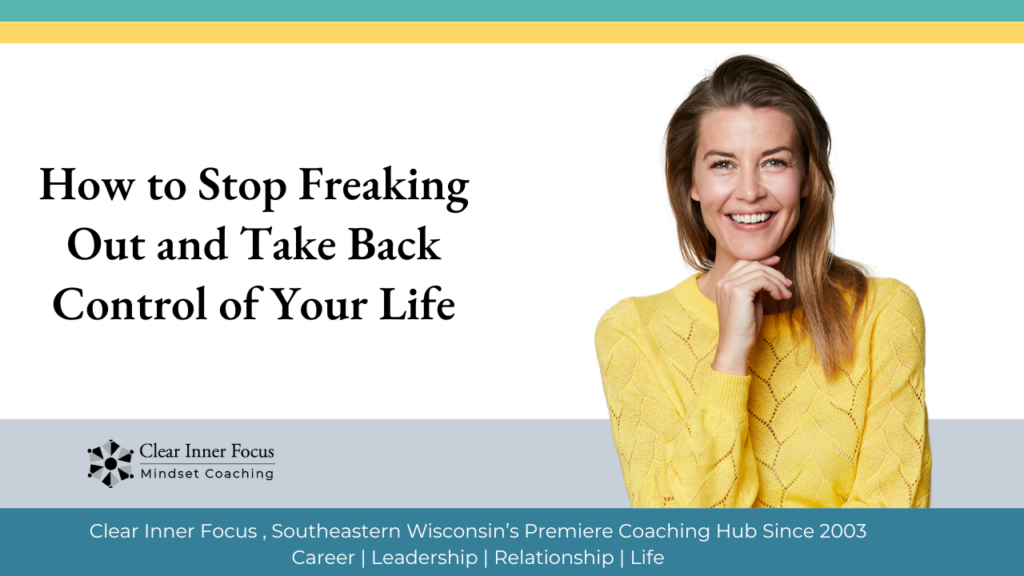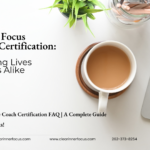
As a business owner and mom of four kids, I could do it all. In fact, I thrived on it. I was passionate about empowering my kids, contributing to the household finances, loving and emotionlly supporting my husband, and having fun with my large groups of family and friends.
I was living an amazing, full life until the wheels started to fall off. I became short tempered and reactive, ready to resist anything that didn’t look or feel like positivity or support. Apparently, doing it all for everyone wasn’t the answer.
As life evolves, so must we. The learning curve phase of early careers, marriages and small children requires a lot of effort, help, guidance, and attention, but as they grow, they thrive with space too, and that means delicately balancing stepping back with tending to. The old drives of motivation and action need to be rewired. Without it, we lose our ability to stay balanced and energized within ourselves, and small things can make us short-tempered with others, cause us to snap, or worse yet, implode with anxiety or explode with negative emotions.
In my younger years, resentment, frustration, stress, overwhelm, and anxiety became my familiar state of being, accompanied by my reactivity – which I silently blamed on others negativity or incompetencies. (Oops!)
Steps to Calmly and Confidently Lead Personal Goals and Positively Influence Others
1. Start with yourself. When you realize something needs to change, since you can’t change others, you might as well start with yourself. In time, the way you respond to others will cause many changes you desire. This is not to say others’ behavior is your fault or responsibility, but to emphasize you can powerfully influence your experience of others.
2. Find a teacher. My son works at Milwaukee Tool. I love the ease their battery-operated mini-chain saw and weed whacker bring to my yard work. The skills, knowledge and tools crafted by expert tool makers make my yard work easier, more efficient and fun. Experts in personal growth can do the same.
Find a teacher who aligns with your beliefs and can consistently support you.
Are you religious, spiritual, or agnostic? Do you believe solely in the medical model or are you open to personal and emotional development models? Do you believe there is a specific cause to your stress, such as your career, spouse, or an addiction? You might find a trusted teacher by asking for what you want prayerfully and being open to inspired ideas or exploring things that present themselves. You might do an internet search and find a book, YouTube video or blog article that you resonate with, or you might ask a friend who has found success with a coach, class, app, therapist or mentor. Be curious and take consistent steps until you find a teacher or program you are willing to learn from.
3. Commit to seeing your learning through to new results – producing habits. Stop thinking things will magically change on their own. You tried on your own and it didn’t work. I get it. Rest assured, all this is not because there is something inherently wrong with you or the people you interact with. We all simply have habits of responding to our own thoughts, emotions and other people, and your habits need to change if you want new results.
A loved in my life experienced OCD as a child. When his anxiety peaked, he would freak out and destroy things. His parents hired a few different professionals to help him, but they didn’t stick with any methodology until his symptoms became debilitating for both him and his family. It was only then that they found a therapist who specialized in overcoming anxiety without medication – an approach his parents valued. It took six months of meeting with her weekly and practicing the tools he was given. Today, ten years later, he still uses the strategies he learned to navigate stressors and remains OCD symptom-free.
4. Once you know better, do better. Personal growth, mental, emotional and relationship health is not a one-and-done achievement. Just like eating, we need to tend to the things we can control so we can powerfully lead our life, goals and relationships in a fulfilling direction.
When you learn strategies that support you in staying on top of your game, keep up with them, especially during times of transition.
Starting with ourselves, finding the right guidance, committing to new habits, and continuously improving are essential steps in leading a more balanced and fulfilling life. Personal growth is a lifelong journey, not a one-time achievement. By embracing these principles, we can not only better manage our own lives but also positively influence those around us. Remember, the journey of personal development is ongoing, and maintaining the strategies that support us is crucial, especially during times of change. By doing so, we can lead our lives, achieve our goals, and nurture our relationships with calmness, confidence and positivity.





